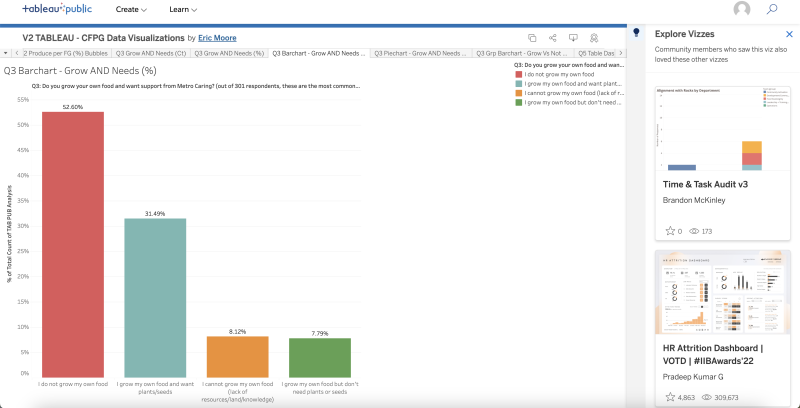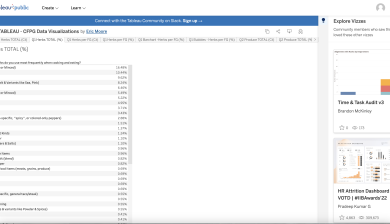Improving Food Access Through Data: Evaluating Metro Caring’s Procurement Strategy
By: Clare Ayoub, Business Information & Analytics

During my internship at Metro Caring, I worked on a research project that looked at how well their food sourcing system works for the Universal Basic Food (UBF) pilot. This program is trying to give people free, high-quality, and also culturally relevant food. My main goal was to see and examine if the way Metro Caring gets food is actually helping the community the way it is supposed to be and to suggest ways to improve it using real data and feedback from the people they serve who were surveyed.
I started by creating an outline for how I’d go through the survey data. I made APs (analytic processes) and ISs (interpretation summaries) for every question to guide how I would clean, organize, and make sense of the answers. Then I worked with different survey datasets, some in English and some translated from Spanish. I cleaned and combined them into one full dataset using Excel, and then I used Tableau to make visuals like bar charts, pie charts, and bubble plots that helped show the main trends.
I used what I learned in INFO 1020 (Business Stats and Analysis) in real ways, like grouping open-ended responses, running frequency analysis, and comparing responses by question. My work included cleaning raw survey entries, analyzing multiple food categories, checking for patterns in preferences, and preparing dashboards and visualizations to present the results clearly.
I created reports along the way to show my findings and shared those with the Metro Caring team. My work helped shape parts of the Community Food Procurement Guidebook they are building, which gives them a more organized way to use data when deciding how to get and share food. I also took part in feedback meetings with community leaders (CAC) to make sure what I found matched what people actually need.
This project helped me learn how to work with real messy data, not just classroom examples. It also helped me see how community-based data work can lead to better and more fair systems. I got better at analysis, presenting ideas visually, and thinking about how data can support justice and not just efficiency. I’m proud that my work could be useful to Metro Caring and that it might help other food programs in the future.
